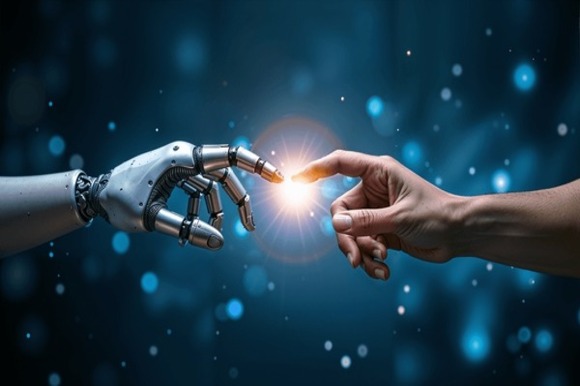
Here is my attempt to understand Artificial Intelligence from a different perspective. The current debate about AI often focuses on its potential to automate knowledge work. It is assumed that AI will gradually replace human cognitive functions, eventually surpassing our capabilities in all areas.
This seems to be correct as computational power, algorithm sophistication, and data availability grow at tremendous speed. However, the most important aspect of AI utilisation may not be technical prowess but rather how humans decide to use it.
As AI systems become more accessible, people are replacing their search engines with AI models like ChatGPT, Meta, Google Gemini, or Deepseek. This use of generative AI is our most common engagement with AI. We use it to acquire information, write text, make videos, summarise reports, etc. This of course is just the elementary stuff!
When I asked ChatGPT about the most common uses of AI, it provided a long list including natural language processing (NLP) as virtual assistants, computer vision for image detection, predictive analytics for forecasting, recommendations for personalisation, detection for fraud and claims, and many more.
But here is what they all have in common; the quality of human guidance directing these systems is crucial in generating truly valuable outcomes. AI systems are highly responsive to prompt quality and framing. Humans must establish the proper frame of reference for AI interaction, provide relevant background, clarify objectives, and establish appropriate constraints.
For instance, I could ask ChatGPT to explain stock market returns in a specific industry over the past decade, thus providing specific intent and historical context. Since humans understand that questions influence answers, we can refine our queries based on initial responses to gain deeper insights.
Hence, a more sophisticated investor might ask, ‘What investment strategies have historically performed well during economic downturns with high inflation, especially for those nearing retirement?’ This question relies on human context that AI cannot create on its own.
As AI advances, human judgement, ethical insight, and contextual understanding remain crucial. The way we frame questions will be key in all use cases.
All of this may seem basic, but it suggests that AI is nothing to fear. It will disrupt and change entry-level jobs, but it also offers the opportunity to combine human experience and judgement with powerful new tools, achieving more than either could alone.
Worth thinking about 🤔






